Announcing Shutter Governance - Shielded Voting for DAOs

Today, we're excited to announce Shutter Governance, a tool for governance platforms to introduce shielded voting for their users. It uses threshold encryption and is designed to fix issues with misbehavior, voter apathy, and voting incentive systems.
Combating front-running and malicious Maximal Extractable Value (MEV) remains our core mission. We'll also have something exciting to announce in this regard very soon!
We've been working with Snapshot on implementing this mechanism in an off-chain setup. They would be adding "Shielded Voting" as a new voting type accessible to DAOs using Snapshot.
Increasing voting fairness
Shutter Governance is an improved commit-reveal mechanism that enables shielded voting in governance systems to make voting more fair.
Simply put, with Shutter Governance, votes are encrypted during the voting period. The votes are decrypted and thereby only revealed after the poll closes.
As a comparison, think about political elections. You wouldn't want to reveal the voting results before the polling stations close.
It uses threshold encryption and is built as a system that can be implemented by both on- and off-chain voting systems with minimal effort and changes.
Last March, we introduced on-chain Shutter, the first instantiation of Shutter Network. While working on the issue of front-running and malicious MEV, other teams reached out to us. They came to us with the idea of using the same technology to encrypt votes on their governance systems.
Nowadays, governance is being used by projects such as MakerDAO, 1inch, and Uniswap. These projects allow the token holders to take part in deciding what happens with the project.
Including the stakeholders and community members in the process is inclusive and impactful. Broadening the scope of decision-makers allows the projects to better serve their customers. Many already have plans to even provide complete control to the token holders or DAO members.
Among the token holders, there are people with varying interests. These stakeholders include groups like the end-user of the platform, investors, and developers. The different groups have interests that don't always align. And the opinions of others can persuade participants to vote in different ways. Preventing this kind of bias is among the issues the governance platforms have faced.
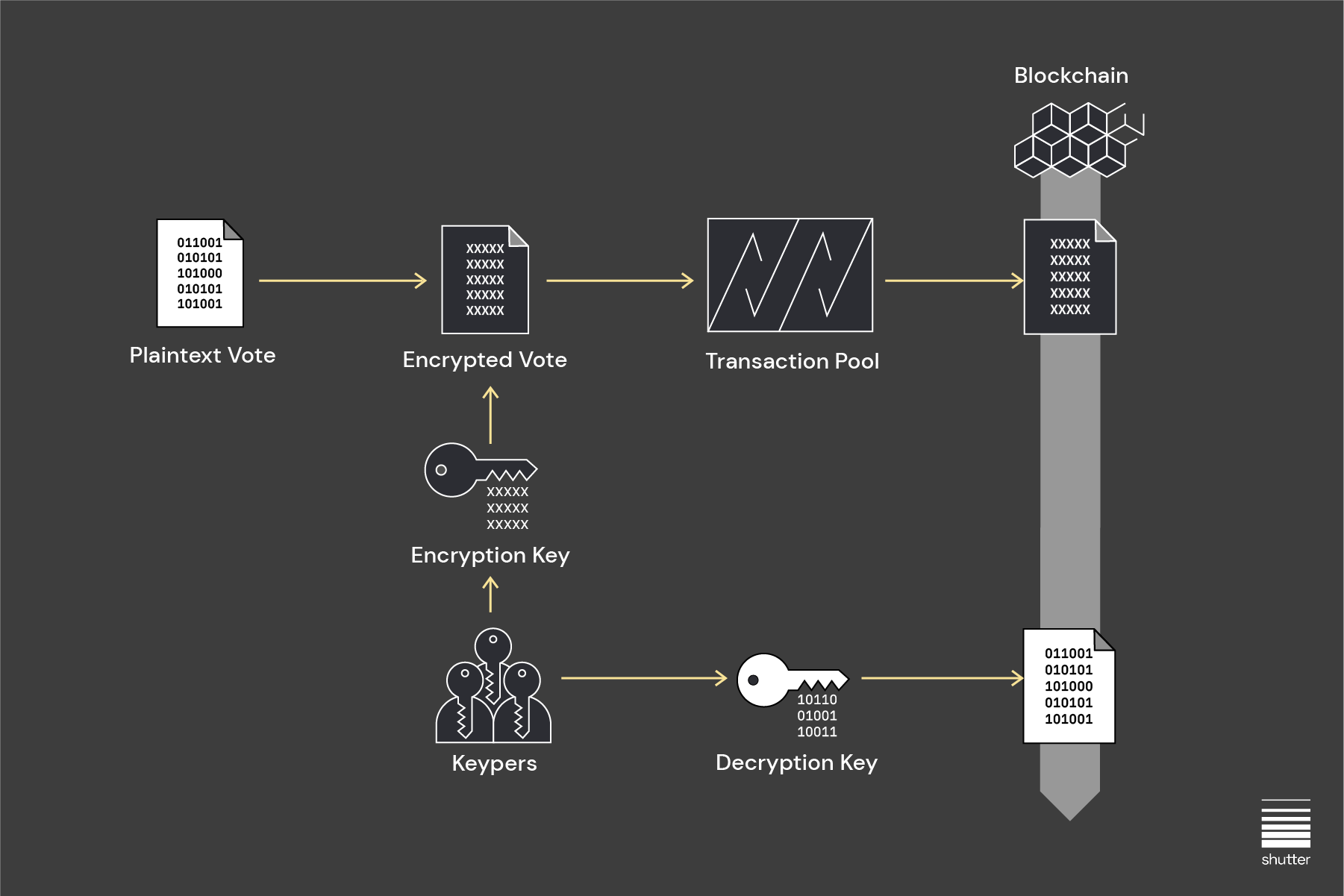
Strengths of Shutter Governance
What Shutter brings to the table happens behind the scenes. When voting, the users encrypt their votes, and the votes are automatically decrypted when the voting period is over. This mechanism prevents voters from knowing the result in real-time, improving censorship resistance.
With Shutter Governance, to vote on a proposal, the user first requests the Eon key with the Keypers signature. There is then a signature check against the Keyper registry to prevent the system operator from giving out a fake key that they control. After this step, the votes get encrypted with the Proposal key, derived from the Eon key and the Proposal ID.
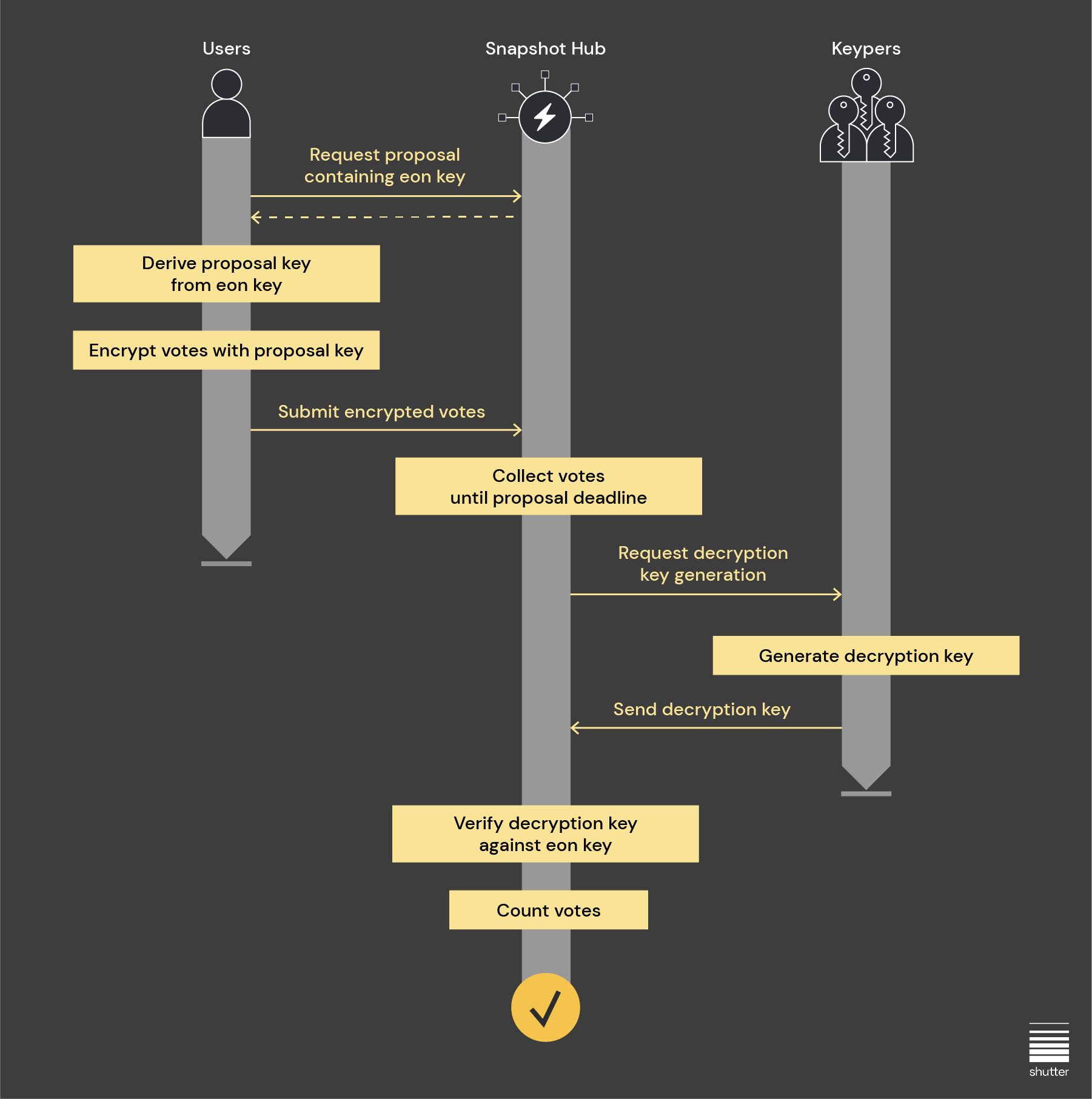
Let's say Uniswap wants to poll their token holders for a consensus check on whether they should deploy v3 on Arbitrum or not. They create the poll using shielded voting so the voters won't be affected by the choices others make.
When a UNI holder goes to vote, their experience isn't all too different from a non-shielded vote. The difference will be that they can't see the current result until the poll closes.
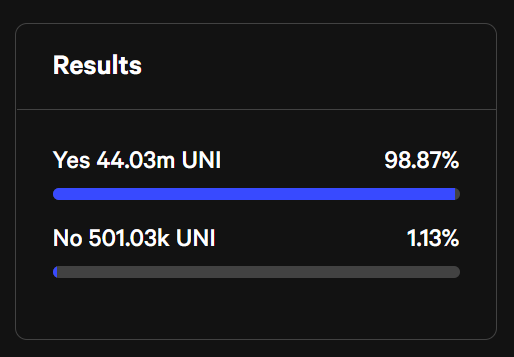
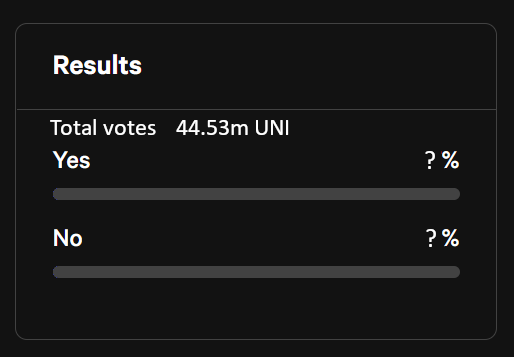
Without seeing how others have voted so far, a UNI holder is more likely to vote as they see fit. They aren't persuaded to vote for the popular option. And the users are more inclined to take part as they aren't put off by feeling that their vote makes no difference.
Beneficial properties
We're expecting to add several beneficial properties when using Shutter Governance. Pre-voting information symmetry, censorship resistance, and partial privacy should lead to improvements in voter misbehavior, voting apathy, and in fixing some specific governance incentive systems. These are all desired attributes in voting and allow for preferred outcomes for diversified systems.
Pre-voting information symmetry
When one goes to vote, they base their decision on their knowledge of the topic up to that point. But another person could have a completely different experience at that point. If the current result of the vote is available, the person voting first has a very different view than the one voting last. The person voting last would have information about how others have already voted so far, likely influencing how they vote.
Shielded voting helps resolve this kind of information asymmetry. Everyone taking part should have access to the same information. Be that information shared on a public forum or only in the poll description. By not breaking the principle of each voter having equal access to information, there is an improvement in the fairness of the governance decisions made.
Censorship resistance
In the blockchain governance space, there can be fail-safes in place. These can allow the system operator to halt the vote if it does not seem to go in their favor. This is especially true for off-chain voting, where there aren't traces left on the blockchain that the vote ever even took place.
With shielded voting, the user should be able to prove how and that they did vote, even if there is an attempt at censorship. There's the option to verify the result of the votes, leading to a more robust governance system.
Partial privacy
Ethereum, and public blockchains in general, are pseudo-anonymous by nature. This property ensures that addresses can already keep a person's identity mostly unknown. What Shutter adds to this is maintaining the votes private until the end of the voting period. This partial privacy during the voting phase leads to so-called secret ballots. The number of votes cast and the current status of the vote remains a secret until the poll closes and the reveal of the results happens. Until the reveal, no other participant can see who voted what except the voter.
Improved outcomes in voting
These properties mentioned above should lead to improved voting outcomes over not having them. Let's break down these into some clear advantages.
Voter apathy and misbehavior
People tend to go with the flow or not take part if they feel that their actions won't have an impact. Shielded votes significantly reduce these issues and increase fairness by hiding the information. Without knowing a partial tally of the vote, a more fair environment exists for the voters.
Ballot integrity improves as voters remain honest as they aren't influenced by the votes already cast. Since one can't see how the vote is progressing, they aren't persuaded to vote for the popular choice. Also, voters aren't discouraged from voting because a majority has already voted differently from their personal preference.
Some might also be strategically voting based on the results to advance their personal goals. This case is especially true in ballots with multiple options instead of a binary vote. When the present results are obscured, strategic voting becomes obsolete. And voters are again inclined to vote based on their personal beliefs and opinions.
Fixing governance incentive mechanisms
Some platforms that involve voting, like Kleros, have implemented incentive mechanisms. Some could have incentives, slashing conditions, or a (prediction) market-like system. These are in place to attract activity, honesty, and other desired attributes. Shielded voting helps ensure that these systems function as intended.
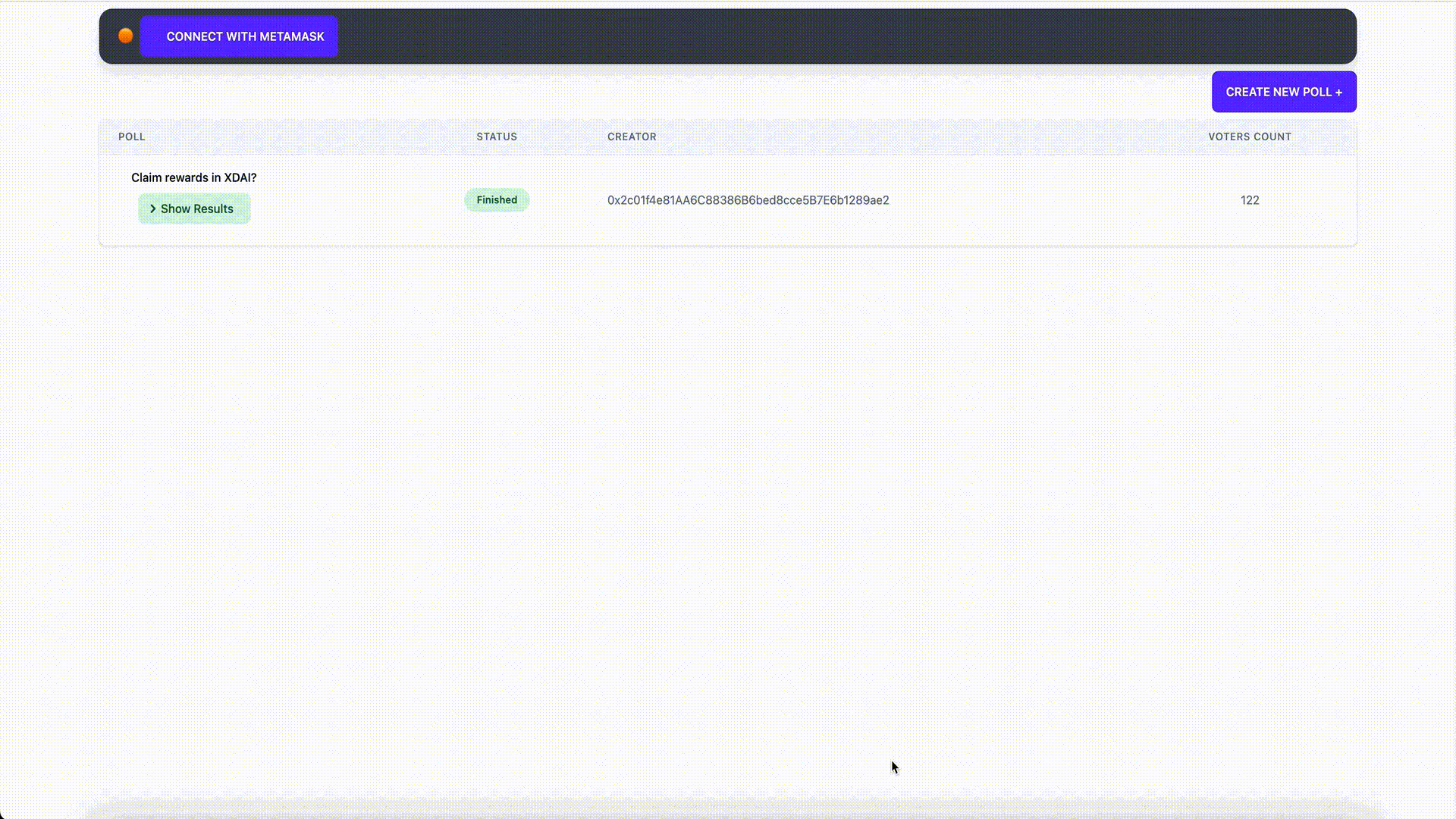
Advantages over trivial commit-reveal
In a trivial commit-reveal scheme, one encrypts and decrypts their own votes each time. In a Shutter Governance implementation, the person voting sends the commit as a part of the vote.
After voting closes, the Keypers decrypt and reveal all the votes on behalf of the users. This is automatic, not requiring further action from the end-user. Taking out the end-user from this part of the process leads to an improved user experience.
This also introduces enforced reveal of the votes since the user cannot withhold their vote from being revealed. In certain implementations, this also leads to reduced costs for the voter. Systems with incentive mechanisms or slashing conditions benefit from this especially.
Associated costs/risks
While there are clear advantages to using Shutter, there are trade-offs. Introducing encryption to the system can increase gas costs or operational overhead. It also increases the system's complexity in general. And there is a minimal risk of a vote failure in the case of Keypers not revealing the outcome.
Case studies
We are already working with Snapshot and Kleros to integrate Shutter Governance.
Snapshot
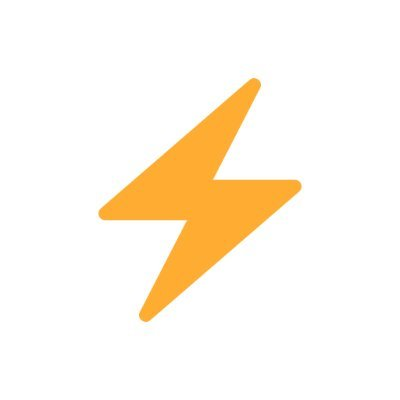
As the most prominent governance platform on Ethereum, Snapshot is a perfect candidate for Shutter Governance. Snapshot already offers several options, and they are planning to add shielded voting as a new voting type.
With this new voting type, soon the participants in the governance of ENS, Gitcoin, Aave, Sushi, and many more, can reap the benefits of the integration.
For a more detailed description of Shutter Governance on Snapshot, keep an eye out for a post from them soon!
Really excited to integrate shielded voting as a new voting type into Snapshot. This is a recurring request from our users to have a system where you don’t get spoiled on what others are voting for, the commit-reveal mechanism developed by Shutter addresses this in a robust and elegant way. Using shielded voting the voters won’t know what others have voted and thus will not be influenced, voters will forge their own opinion and collectively achieve a more fair decision.
- Fabien from Snapshot
Kleros
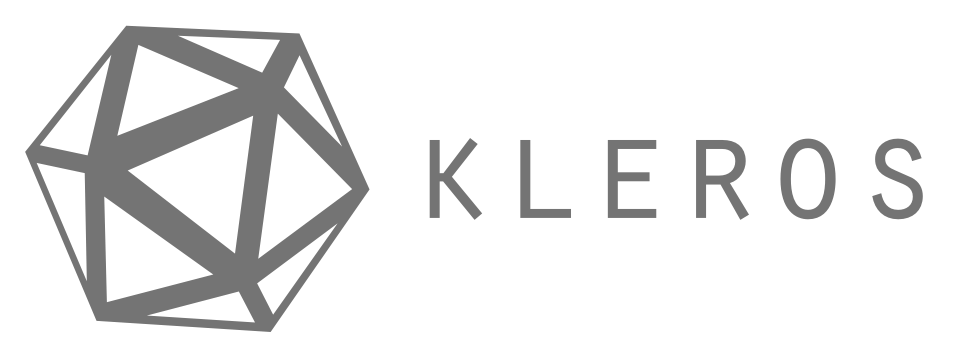
Kleros is a decentralized arbitration service for the disputes of the new economy on Ethereum.
Kleros would use Shutter Governance to improve their existing commit-reveal scheme. Their voter incentive scheme is highly sophisticated but favors voting with the majority. Thus, commit-reveal schemes are essential tools for keeping votes private while a case is still ongoing.
We are excited to explore applications of Shutter's threshold cryptography to enable the automatic reveal of private juror votes. Before Shutter's breakthroughs, this was thought to be impossible without additional action from the juror, creating the significant risk that a juror would forget to reveal their vote. We are looking forward to exploring improved private voting and reveal mechanisms with Shutter to improve the quality of each Kleros decision.
- Kleros Team
More to come
As excited as we are about announcing this use case for the Shutter Network, the work doesn't stop here. If you are a team member in one of the governance solution providers and are interested in Shutter, get in touch via Twitter or Telegram!
We also have another new announcement coming in the future. Be sure to subscribe to our blog and follow us on Twitter for more updates!

Thanks to Stefan George for his contributions in making Shutter Governance happen.




